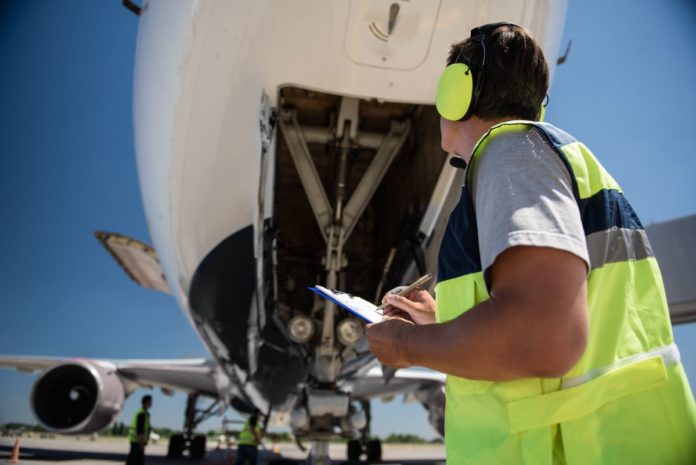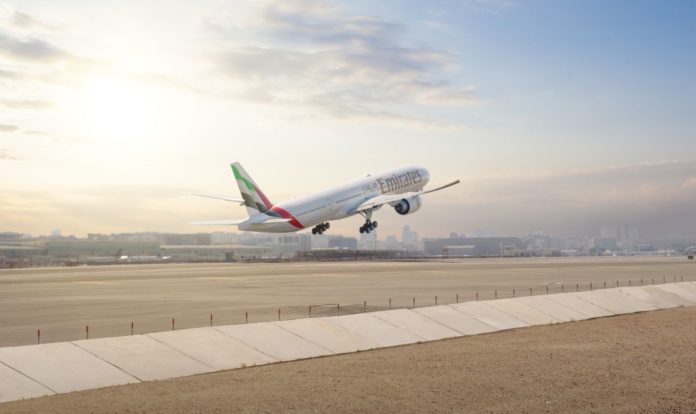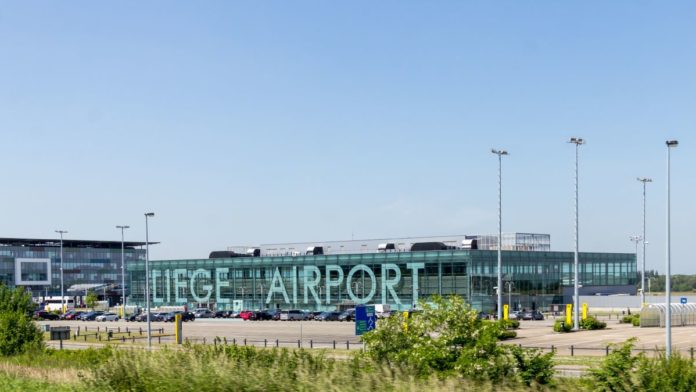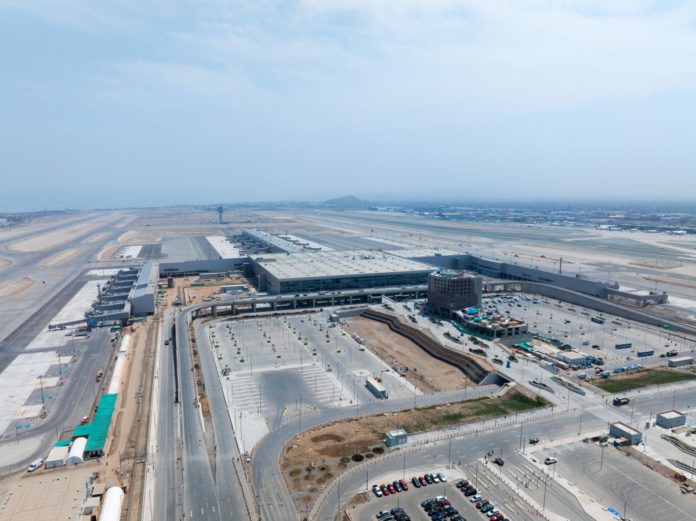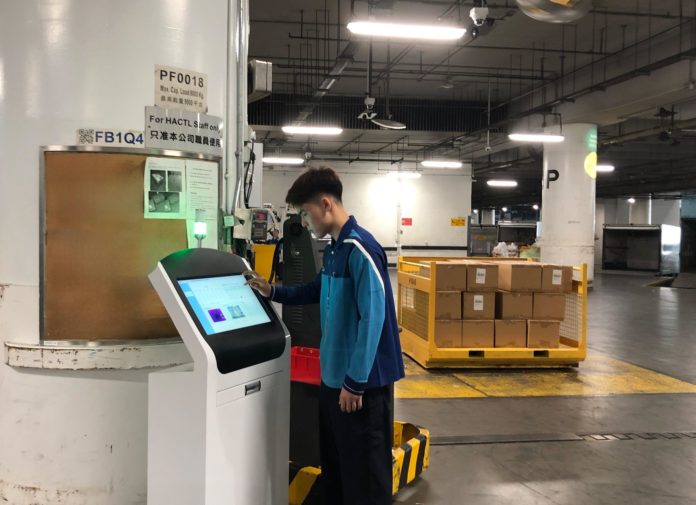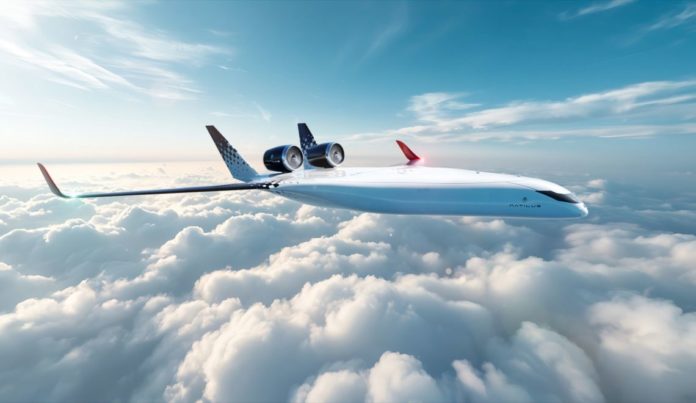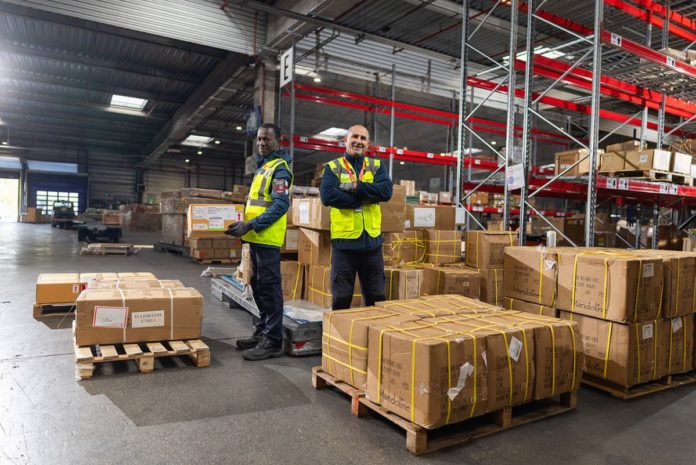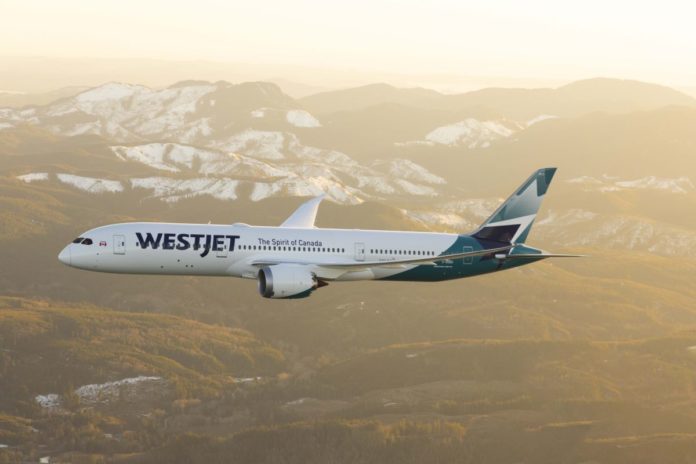IAG Cargo, Qatar Airways Cargo and MASKargo say they plan to launch their global cargo joint business in late 2025, subject to regulatory approvals, following their initial announcement in April.
The three carriers are working to progressively align systems, processes, and commercial offerings. They will look to optimise freighter and belly hold capacity across their combined networks, with coordinated ground handling and trucking.
At the same time, the three carriers will enter into individual agreements with the UN World Food Programme. They propose to provide a total of 1,000 tonnes of free tonnage to support WFP in the delivery of essential food supplies and commodities.









